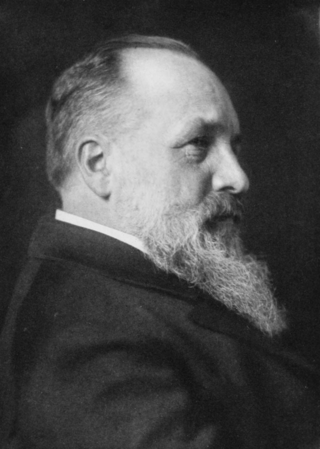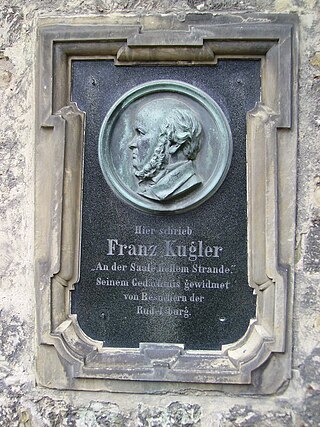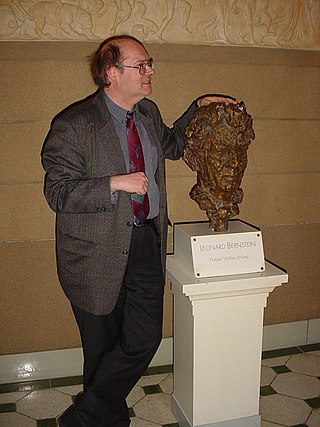Related Research Articles

Carl Eduard Sachau was a German orientalist. He taught Josef Horovitz and Eugen Mittwoch.
Theodor Kolde was a German Protestant theologian, born at Friedland in Silesia.

Franz Theodor Kugler was an art historian and cultural administrator for the Prussian state. He was the father of historian Bernhard von Kugler (1837-1898).
Since the 18th century Berlin has been an influential musical center in Germany and Europe. First as an important trading city in the Hanseatic League, then as the capital of the electorate of Brandenburg and the Prussian Kingdom, later on as one of the biggest cities in Germany it fostered an influential music culture that remains vital until today. Berlin can be regarded as the breeding ground for the powerful choir movement that played such an important role in the broad socialization of music in Germany during the 19th century.
Jochen Bleicken was a German professor of ancient history.
Wilhelm Vöge was a German art historian, the discoverer of the Reichenau School of painting and one of the most important medievalists of the early 20th century. Whitney Stoddard called him the "father of modern stylistic analysis" for medieval art.
Vaterlandslied is the name of several patriotic German poems. The most famous one is "Ich bin ein deutsches Mädchen" written by Friedrich Gottlieb Klopstock in 1770 and dedicated to Johanna Elisabeth von Winthem.
Walter Salmen was a German musicologist and university lecturer. Salmen taught from 1958 to 1992 as a professor of musicology at the Saarland University and the University of Kiel. Afterwards, he was for many years the full professor of the Musicological Institute of the University of Innsbruck. As a guest lecturer, he also worked in Switzerland, Israel and the United States. After retirement, he lived in Kirchzarten near Freiburg im Breisgau, and worked as honorary professor at the University of Freiburg.
Klaus Hortschansky was a German musicologist.
Reinhold Hammerstein was a German musicologist.
Wolfram Steinbeck is a German musicologist.
Rudolph Angermüller is a German musicologist, who rendered great services to Mozart studies in particular.
Matthias Herrmann is a German musicologist and university professor.
Friedhelm Krummacher is a German musicologist.
Winfried Schrammek was a German musicologist and organist.
Peter Betthausen is a German art historian.
Wolfgang Teuchert was a German art historian and historic preservationist.
Rudolf Bülck was a German librarian.

Dietmar Hiller is a German musicologist, organist, dramaturg at the Konzerthaus Berlin and docent at the Hochschule für Musik "Hanns Eisler" Berlin.
Ostwalds Klassiker der exakten Wissenschaften is a German book series that contains important original works from all areas of natural sciences. It was founded in 1889 by the physical chemist Wilhelm Ostwald and is now published by Europa-Lehrmittel.
References
- ↑ Heinrich W. Schwab CV
- ↑ Mitgliedsprofil in der Academia Europaea; retrieved on 25 May 2020 (englisch)
- ↑ Sangbarkeit, Popularität und Kunstlied : Studien zu Lied und Liedästhetik der mittleren Goethezeit, 1770 - 1814 on WorldCat
- ↑ Das Einnahmebuch des Schleswiger Stadtmusikanten Friedrich Adolph Berwald. on WorldCat
- ↑ Die Anfänge des weltlichen Berufsmusikertums in der mittelalterlichen Stadt. Studie zu einer Berufs- und Sozialgeschichte des Stadtmusikantentums on WorldCat